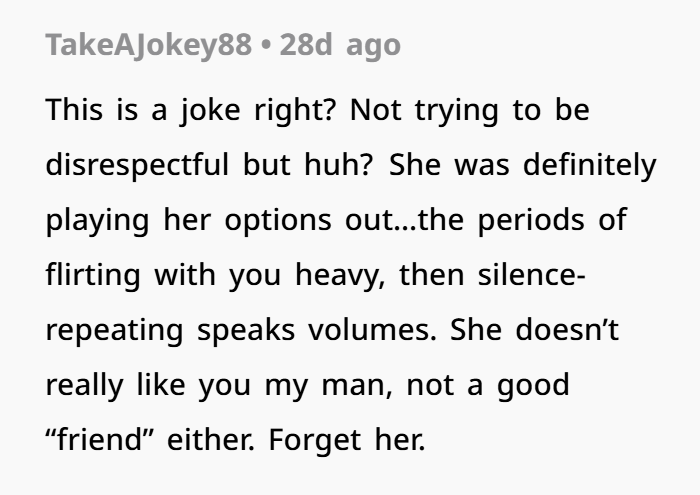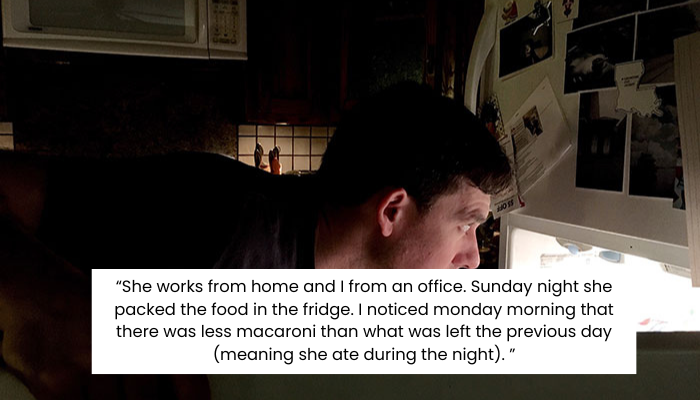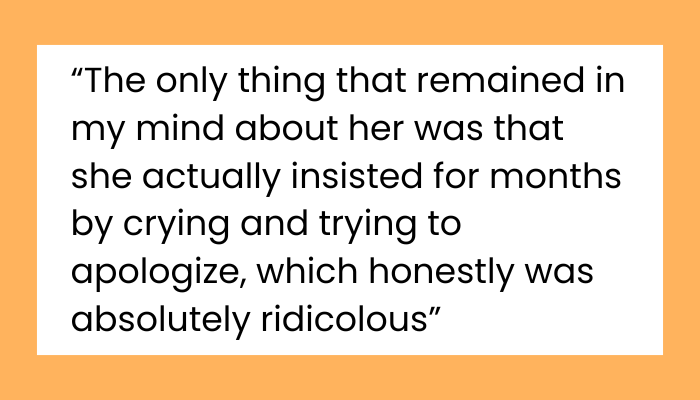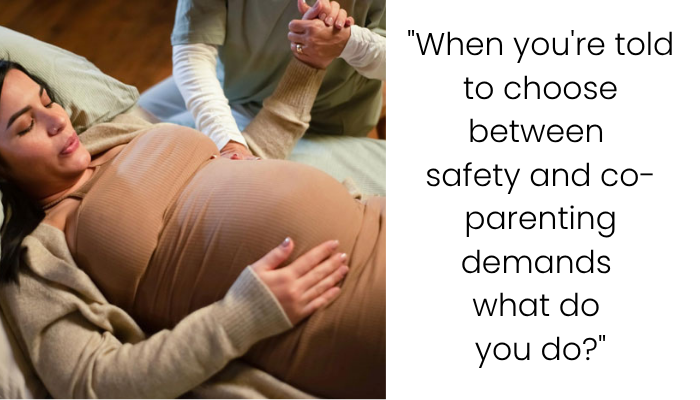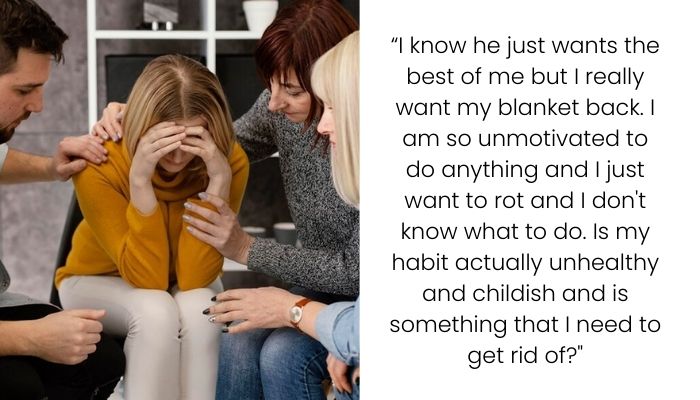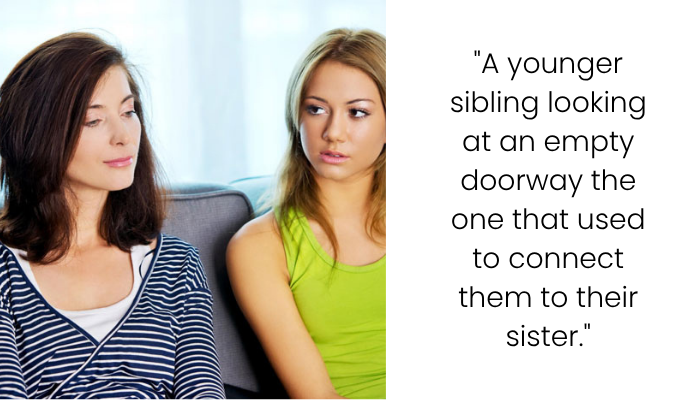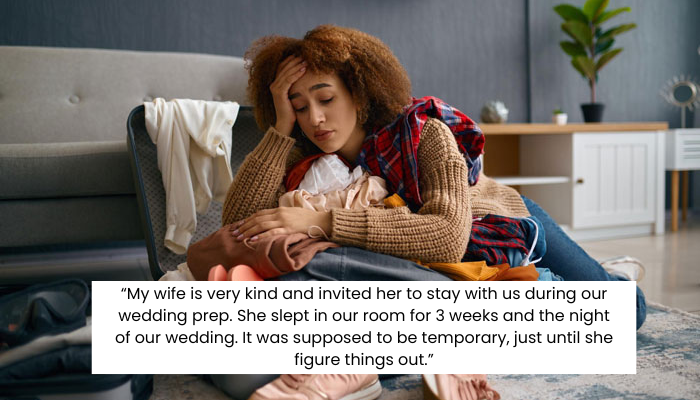AITA for moving on after my best friend told me she didn’t want me
I (24 M) have been friends with “Chloe” (23 F) for five years and she’s always been there for me. A few months ago, she came to visit, and before the trip she confessed she’d had feelings for me for three years. We hooked up while she was here. I told her I had real feelings and wanted to see where this could go—but she said no, she just wanted to stay friends. I felt hurt, but respected her decision.
About a month later she changed her mind and said she “couldn’t hide it anymore” and wanted to try. We started talking—but it wasn’t a proper relationship. She was going through family drama, lost her job, and was unstable (moving between couches). I asked if being with me was too much right now; she agreed and said it was better we just stay friends. So I let it go again.
Then, my ex (22 F) reached out and we started talking casually; I told her I wanted to take things slow. Out of respect I told Chloe about starting to communicate with my ex. Chloe got mad, ghosted me, then came back sending flirty messages. After telling me she didn’t want a relationship, she texted: “but I miss you and your bed.” At that point I moved on with my ex. Mentioning I was spending time with my ex and her family triggered Chloe—she accused me of leading her on and “choosing someone else over her”, then cut me off.
Here’s the thing: I never hid anything. I asked Chloe multiple times what she wanted. Twice she told me she didn’t want a relationship. I honoured that. She’s the one who flip‑flopped, cancelled my birthday trip twice, messaged flirtatiously after saying “no”, then got angry when I moved on with someone else. So… AITA for moving on after she made it clear she didn’t want me?
Sometimes, relationships between people are just like the classical plot of “The Dog in the Manger,” and the situation repeats itself over and over

The author of the post is a young man whose bestie, “Chloe,” had been rejecting all of his romantic hints for years







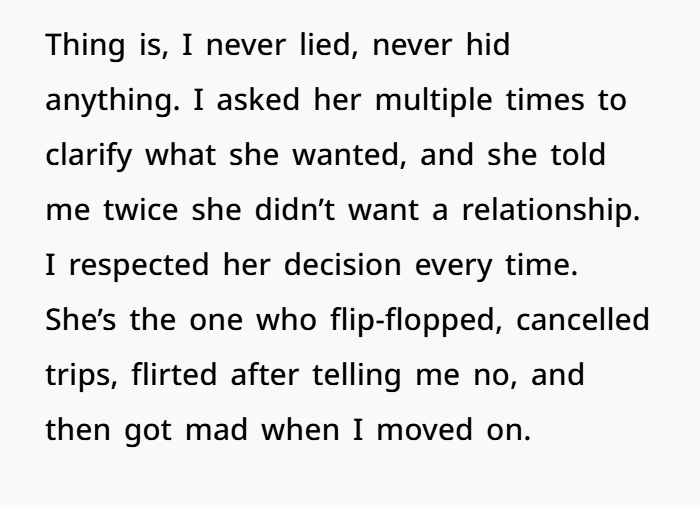


Let’s unpack this with a few lenses: friendship vs romantic tension, boundary setting, mixed signals, and what happens when you move on. Also some relevant terms that come up in relationship‑discussions: emotional availability, ghosting, friend‑zone confusion, and growth.

Friendship + romantic tension: when the lines blur
When friends develop romantic/sexual tension, things get messy. You start with a base of trust and closeness (since you two were friends for 5 years), but once physical intimacy or romantic desire enter, the dynamics shift. You’re no longer just “friend” in the same simple way.
In your case, Chloe admitted feelings, you hooked up, you expressed wanting more, she initially said no and wanted to stay friends. That was clear. Then she came back and said she wanted to try. Then again said it was better to stay friends. So you were in this fluctuating space: “maybe relationship” ↔ “just friends”.
When one party flips back and forth, it creates emotional limbo. You wait, you hope, you adapt – and that drains you. The severity of this kind of uncertainty is shown in research on friendship dynamics and romantic transitions: when roles shift (friend → romantic possibilities → back) the confusion can challenge identity and expectations.
Boundaries, communication, and clarity
Healthy relationships (friendships or romantic) hinge on boundaries and clarity. According to articles on “setting boundaries in friendships”, you need to know what you’re willing to accept, what you expect, and ideally what the other wants. Exploring Therapy+3Chrystal Evans Hurst+3Baggage Reclaim with Natalie Lue+3
Here you asked Chris multiple times what she wanted; she said she didn’t want a relationship (twice). You respected that. So from your side, you made the boundary clear: “If you don’t want a relationship, I’ll treat this accordingly”. The flip‑flopping on her side meant the boundary kept shifting for her.
When boundaries are unstable, it’s not just confusing—it invites hurt. One article states: “Friends who consistently leave you feeling drained, ambiguous about expectations, or emotionally in limbo may indicate unhealthy dynamics.” Amanda Neves Therapy
So your stepping away and moving on was, in many ways, a boundary for you: you decided you’d no longer wait indefinitely in a limbo and that you would start engaging elsewhere (your ex) when it made sense for you.
Mixed signals and emotional availability
What complicates this: Chloe cancelling trips (twice), telling you she doesn’t want a relationship, still flirting and sending “I miss you and your bed” after telling you she didn’t want to try. That’s a classic sign of mixed signals or low emotional availability (for a committed relationship) while still wanting closeness and reassurance.
In relationship‑advice contexts, someone who wants the benefits of closeness but resists commitment is often described as emotionally unavailable. That doesn’t necessarily mean “bad person”, but it means the other person (you) must decide whether to stay in that space or move on.

When someone says “I’m not ready / I don’t want to try” and then behaves as if they might, but doesn’t follow through reliably, the other person is left holding expectation and vulnerability. You did that: you made allowance for her life circumstances (job loss, couch‑surfing) and gave her grace. But she cancelled your planned trip for your birthday — twice — while maintaining flirtation elsewhere. That’s a red flag for inconsistency.
Moving on: when friends cross to ex/new relationships, how it affects dynamics
You moved on with your ex (respectfully, slow‑paced) and communicated that to Chloe. That in itself wasn’t wrong. You made your position clear, you asked her what she wanted, she told you twice “no relationship”. She then got upset that you moved on. So it appears that her upset isn’t really about you moving on but more about her own discomfort with the shift in the dynamic: she may have realized she did want something, or didn’t like that you weren’t available anymore, or felt rejected/insecure.
When you shift from “available” to “no longer exclusively available or waiting”, the friend or person in limbo can feel loss of control or emotional security. They may react with anger or blame (e.g., “You led me on”, “Choosing someone else over me”) even though you were clear and upfront. This is common in situations of ambiguous relationship states.
From your narrative, you did everything that many relationship‑advice frameworks suggest: you asked, you listened, you respected her decision, you communicated your own intentions, you didn’t hide your new connection. You set your own limit on waiting. So morally and ethically you appear to be in the clear.
Friendship evolution and “outgrowing” people
Another layer: sometimes friendships evolve (or devolve) when one or both parties are going through big changes. One article says: “As we grow, our first friendships may no longer fit our values, lifestyles or emotional needs.” Exploring Therapy+1
You and Chloe were at a point where you were ready (you wanted relationship, you had cleared your position) but she was saying “I’m not ready” and then acting inconsistently. Your readiness and her unreadiness created mismatch. When mismatch happens repeatedly, sometimes the simplest path is to move on instead of staying stuck.
So: AITA?
Based on all this, I lean No, you are not the asshole. Why?
- You were transparent and honest about your feelings and intentions.
- You asked Chloe repeatedly what she wanted and respected her twice‑given answer of “I don’t want a relationship”.
- You started communicating with your ex only after she made her stance clear.
- You told her about it (honesty) instead of sneaking around.
- You didn’t trap her into something she said she didn’t want; you moved forward with someone else when it became obvious you were in limbo.
Yes, there may be feelings of guilt or loss you might feel (because she was your best friend and you’ve known her long), but those don’t automatically make you the asshole. It makes you human.

If I were to offer a nuance: it’s possible she did lead you on (intentionally or not) by sending mixed signals. That dynamic isn’t your fault—but you did well to exit it once you recognized it wasn’t going to become what you wanted. It also might mean losing the friendship (which seems to be happening). But that is part of growth.
What you might want to do (for your sake)
- Reflect on whether you still want any friendship with Chloe or whether you need space to heal and move on. According to friendship‑loss research, letting go of a friend can feel like grief but also opens space for healthier connections. Exploring Therapy+1
- Keep your boundaries clear: you want authenticity, no ambiguity, respect for your emotional time and availability.
- Don’t ruminate on “Did I do something wrong?” – you did the reasonable thing. She changed her mind, that’s her path.
- Accept that the friendship may be over or may need redefinition. Sometimes the person you were five years friends with can’t align with who you’re becoming.
- If you feel bad for her feelings, that’s fine—but you don’t owe staying in a space that hurt you or kept you waiting indefinitely.
Many commenters agreed with the man, claiming that he was 100% right and Chloe had actually revealed her true colors



